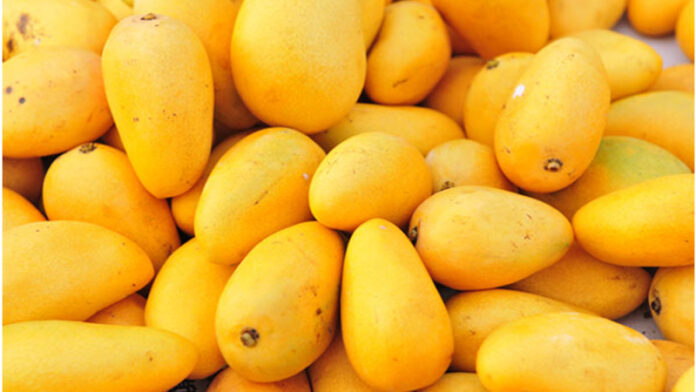ISLAMABAD: After a historic development related to introduction of the country’s first e-commerce policy last month, the government is now going to table the first Geographical Indication (GI) Bill in the National Assembly to protect ownership rights of goods produced in the country.
According to a high official at the Ministry of Commerce, the draft bill of GI law which was approved by parliament in August 2019, is all set to be tabled in parliament soon for approval.
On the request of the ministry, the bill is being introduced in the parliament in the next session of parliament, said the official, adding that the same has also been approved by the Cabinet Committee for Disposal of Legislative Cases (CCLC).
According to the official, Advisor to Prime Minister on Commerce, Industry and Textile Razak Dawood has also taken up the issue with concerned officials at parliament house to table the bill in the next session.
The bill was originally prepared and forwarded by Intellectual Property Organization (IPO) Pakistan as attached department of the ministry of commerce. The draft GI bill, which remained in limbo for years, was pushed for approval from parliament and concerned authorities by the new Chairman of IPO Pakistan Mujeeb Ahmed Khan after due deliberation .
In the absence of GI legislation, international brands continue selling Pakistan-origin goods such as Paul Smith’s Peshawari Chappal, Morrocan Ajrak and California Basmati, depriving the country to get premium on its GIs in international market.
The legislation regarding geographical identification is being deferred or delayed by the governments in Pakistan for the past 17 years for various reasons. The GI (Registration and Protection) Bill, 2019, if approved, will help Pakistan protect the identification of domestic products.
According to official sources, the bill identifies the products that have a specific geographical origin and possess qualities or reputation attributable to their place of origin. These are generally traditional products that have gained a reputation in the local, national or international market due to their specific unique qualities.
The draft aims to recognise and protect these products through legislation, allowing the community of producers to get a fair value of their commodities while preserving their unique identity.
The bill will help protect various local products including, but not limited to, Gilgit Baltistan’s Apricots, Charsadda/Peshawari Chappal, Multani Halwa, Sindhi Ajrak, Sargodha’s Kinno, Kasuri Methi, Sindhri mangoes, Dir’s knives, Swat’s Wild Mushrooms, Nili-Ravi Buffalo, Chaman’s grapes and Pashmina Shawls
Member countries of the World Trade Organisation are required to protect GIs under Article 22-24 of the Trade-Related Aspects of Intellectual Property Rights agreement.
As per the proposed set up, application for registration of a GI will be filed by a government body representing the actors (producers, processors, etc.) of the specific GI product. The application will be accompanied by a series of details from history, origin of the product to the processing of the product.
The GI Bill entails that once a GI is registered, an infringement action can be initiated both by the registrant and by authorized users whose names have been entered in the register.
A registered GI is infringed by a person who is not an authorized user, uses such GIs by any means in the designation or presentation that indicates or suggests that such goods originate in a geographical area other than the true place of origin of such goods in a misleading manner or uses a GI which constitutes an act of unfair competition.
The proposed bill also provides for both civil and criminal remedies in cases of infringement. The civil remedies include imposition of fines, forfeiture to government of all goods and things, means of which the offence had been committed, damages, account of profit, together with or without any order for delivery of the infringing label and indications for destruction or erasure.
The criminal remedies include imposition of fine or imprisonment or both. All suits for infringement shall be filed before the Intellectual Property Tribunal. Appeal against the decision of the registrar shall lie before the High Court. The bill specifies that a trade mark shall not be granted, if it contains a GI for goods and the products do not originate from the region in question.




